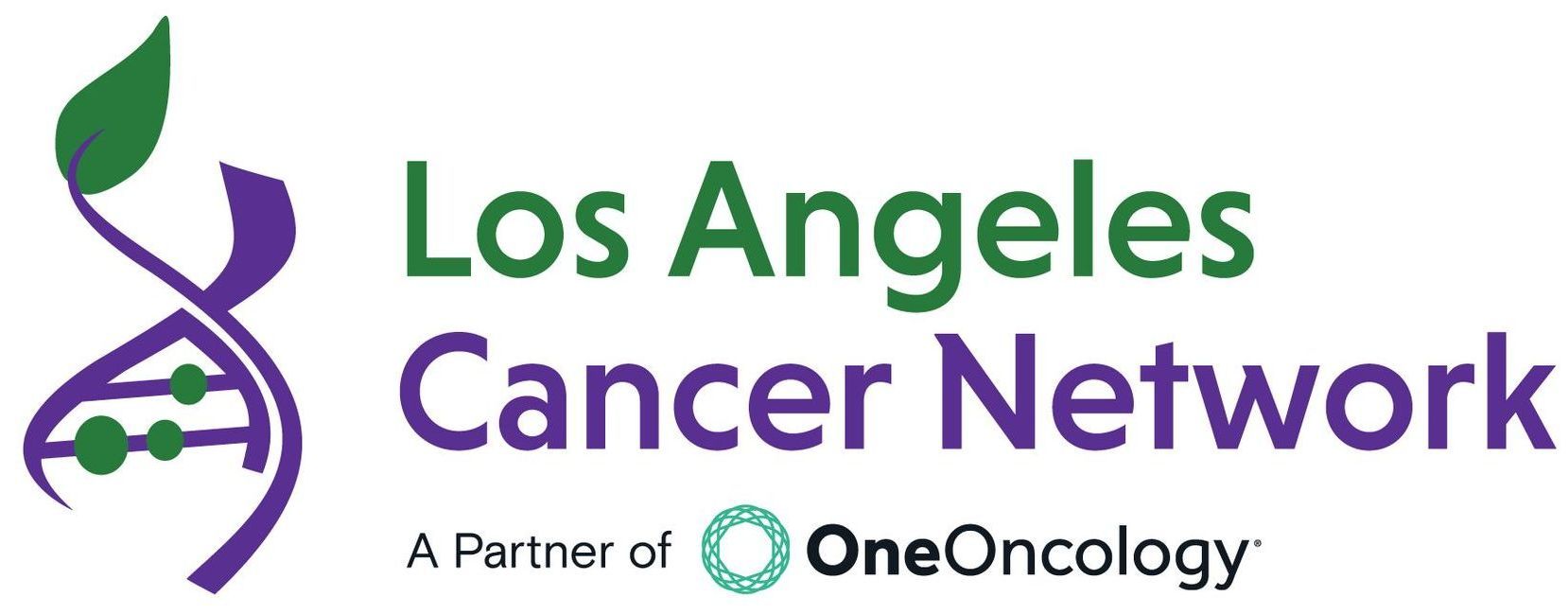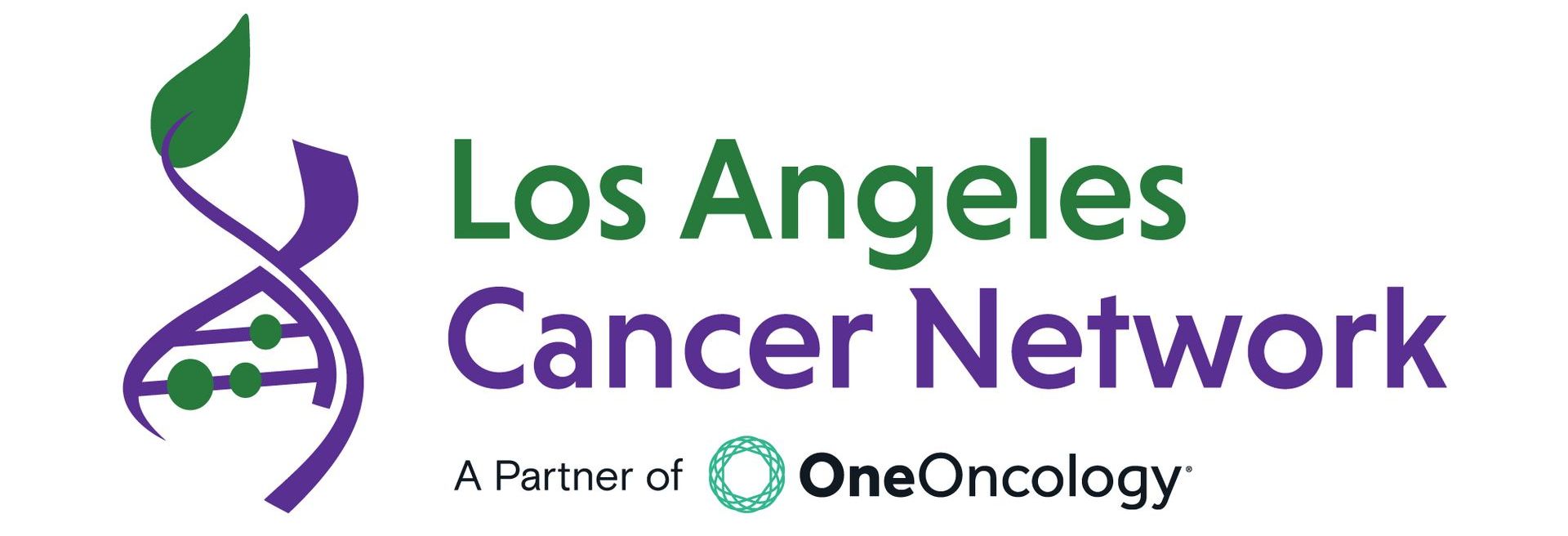How to Find the Right Hospice Care Program for You or Your Loved One During Advanced Cancer
How to Find the Right Hospice Care Program for You or Your Loved One During Advanced Cancer

Hospice care provides compassionate support for individuals facing a terminal illness when curative treatments are no longer effective. Its primary focus is on improving the quality of life by managing pain, alleviating symptoms, and addressing your special needs. By prioritizing comfort and dignity, this helps you make the most of your remaining time in a supportive, stress-free environment.
Key Considerations in Choosing a Hospice Program
Hospice programs encompass physical, emotional, social, and spiritual support, addressing the multifaceted needs of you or your loved one. However, to choose the ideal hospice program for your needs, you should know the following factors:
Comprehensive Symptom Management
Hospice care focuses on providing comprehensive support during the final stages of incurable diseases, such as advanced cancer, heart failure, or neurological diseases. This includes managing physical discomforts such as nausea, fatigue, and shortness of breath.
To provide ongoing comfort and relief, hospice nurses and physicians conduct routine assessments to make sure that treatment plans are modified as symptoms change.
There are many ways to manage symptoms effectively, including:
- Medications: Pain relievers, anti-nausea drugs, muscle relaxants, and sedatives are prescribed based on your specific condition.
- Physical Therapy: Certain therapies, including gentle stretching, massage, and mobility exercises, help alleviate discomfort and improve circulation.
- Alternative Therapies: Complementary approaches like acupuncture, aromatherapy, and guided meditation can support traditional treatments, offering additional relief.
- Nutritional Support: Hospice teams assess dietary needs to make sure that you receive adequate hydration and nutrients while managing swallowing difficulties or loss of appetite.
Interdisciplinary Care Team
A high-quality hospice program is staffed with a multidisciplinary team that includes physicians, nurses, social workers, chaplains, home health aides, and trained volunteers. These professionals work together to create a personalized care plan tailored to your specific needs.
Trained volunteers can help with light housework, errands, or company, which can enhance your life’s quality.
Emotional and Spiritual Support
Patients facing the end of life often experience anxiety, depression, or existential distress. Quality hospice programs provide:
- One-on-One Counseling: Licensed therapists or grief counselors help you process emotions such as fear, anxiety, sadness, or regret.
- Support Groups: Group therapy sessions allow families and caregivers to connect with others going through similar experiences, fostering a sense of understanding and shared resilience.
- Legacy Projects: Some hospices help you to create memory books, video recordings, or letters for loved ones as a way to leave behind a lasting message.
- Spiritual Care Services: For those who find solace in faith, chaplains or spiritual advisors offer prayers, scripture readings, or personalized discussions about meaning and peace at the end of life.
You can also consider seeking out hospice organizations that offer meditation, music, and art therapy to help with your
mental health.
Family Involvement and Support
Caregivers are trained to assist with daily activities, administer medications, and manage symptoms at home. Respite care is provided by many hospice organizations, allowing family members to take time off while still guaranteeing that you receive expert care.
Bereavement support is also offered, with counseling and memorial services to help families deal with loss and grief. A high-quality hospice should also be transparent about its policies, staffing ratios, and response times to make sure that families can make informed decisions.
Accreditation and Quality Standards
Accreditation from bodies such as the Joint Commission or the Community Health Accreditation Partner (CHAP) signifies that the program meets rigorous medical and ethical guidelines. Additionally, state licensure and Medicare certification indicate that the hospice meets government standards and qualifies for insurance reimbursement.
Reviewing patient satisfaction scores, online reviews, and family testimonials can provide valuable insight into the experiences of others who have used the program.
Coordination for Financial Planning
A good hospice program will have financial counselors who assist families in navigating insurance coverage, out-of-pocket costs, and eligibility for financial assistance programs. Transparency in billing and cost breakdowns can prevent unexpected financial burdens for you and your family.
Steps to Identify the Right Hospice Care
Here’s a detailed guide to help you navigate the process of choosing the right hospice care provider:
Assess the Level of Care Needed
Before choosing a hospice provider, evaluate the level of care you or your loved one needs. Consider whether in-home care is sufficient or if you require more intensive support at a hospice facility. In-home hospice care offers the benefit of being in a familiar environment, but if symptoms become difficult to manage, a facility may be necessary.
The care team will develop a personalized plan based on your specific needs, in which pain relief and emotional comfort are prioritized.
Consult Healthcare Providers
Engage in discussions with your oncologist or primary care physician. Healthcare providers often have experience working with local hospices and can offer insights into which organizations are best equipped to meet your medical and emotional needs.
Their expertise can guide you toward reputable services that provide high-quality care, especially for specific conditions like cancer or chronic illnesses.
Research and Compare Services
Investigate various hospice providers, focusing on the range of services they offer, their approach to care, and feedback from other families. This information can often be found on the providers' websites or through patient testimonials.
Evaluate Communication Practices
Assess how transparent and accessible the hospice is. Are they available to answer questions promptly? Do they provide clear explanations about your health condition and care choices? The right hospice should facilitate open, empathetic communication and keep families involved in decision-making throughout the process.
Assess Availability and Accessibility
Look for options that provide flexibility, such as in-home care, especially if you or your loved one prefers to stay at home during their final days. Assess the hospice’s ability to offer 24/7 care and ensure they have adequate staffing to meet any of your health needs at any hour.
Additionally, check if they provide transportation services for medical appointments or if you need to be transferred to a hospice facility.
Review Staff Qualifications
The team should include experienced doctors, nurses, social workers, and chaplains with specific training in palliative and end-of-life care. Verify the credentials of the hospice staff to confirm they are properly licensed and have the necessary expertise in pain management and other critical care areas.
Worried about navigating this journey alone? At
LA Cancer Network, our seasoned professionals work together with you to find the best hospice program with tailored services for you.
Schedule your consultation today!






















